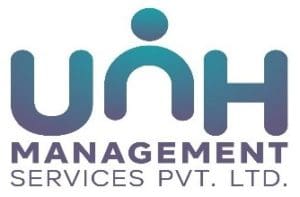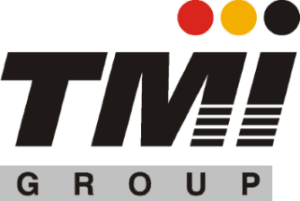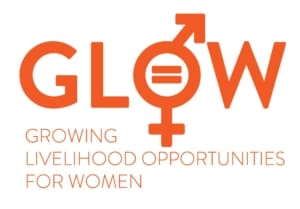Growing Livelihood Opportunities for Women
The Flexi-Staffing Industry
The flexi-staffing industry is expected to create around 1.8 million jobs driven by increasing formalization and the need for an agile workforce. Currently, women’s participation in flexi-staffing varies from 5–25 percent across job roles in the industry.

Flexi-staffing offers women multiple frontline roles across sectors. Photo credit: moodboard/Brand X Pictures via Getty Images
Industry Overview
Flexi-staffing is the provision of semi-skilled frontline employees (e.g., retail promoters, tele-calling agents) to companies. Organizations across industries are choosing to outsource frontline jobs to flexi-staffing companies in order to focus on core activities, manage costs, and comply with government regulations.
The flexi-staffing industry has high potential for GLOW as it:
- Has the potential to create approximately 1.8 million[1,2] jobs by 2026 across industries
- Is a good fit for women from families with low-income as it offers multiple frontline roles across sectors
- Offers key benefits to women such as fixed-wage jobs, fair work-related terms and practices (e.g., guaranteed minimum wage, leave) and long-term employment potential, as roles are fungible across industries
Barriers Faced by Employers
Flexi-staffing companies are unable to increase women associates because of 5 key barriers within and outside the organization:
- Recruiters do not have the skills to hire women quickly
- Recruiters are not motivated to change practices to hire women
- Families do not allow women to work late or migrate for jobs
- Job portals have a limited pool of women
- Government policies limit companies’ ability to hire women, and sometimes make it cost-ineffective to hire women
Interventions to increase women’s participation in flexi-staffing companies
Flexi-staffing companies can improve gender diversity in their workforce through a 12-month roadmap. The roadmap includes 14 low-cost and low-risk interventions designed to (1) help recruiters build the necessary skills to hire women and (2) ensure managers and recruiters prioritize hiring women and (3) allow the organization to leverage its gender diversity credentials to win new business. To access trainings for recruiters and the roadmap to increase gender equity in flexi-staffing companies, click here >
GLOW's Flexi-Staffing Partners








